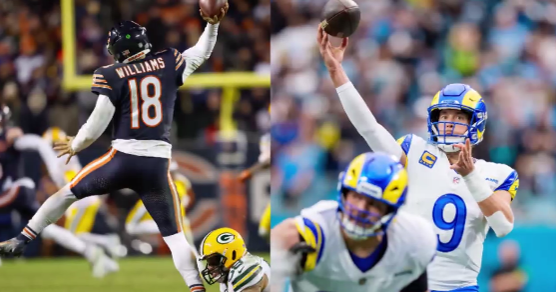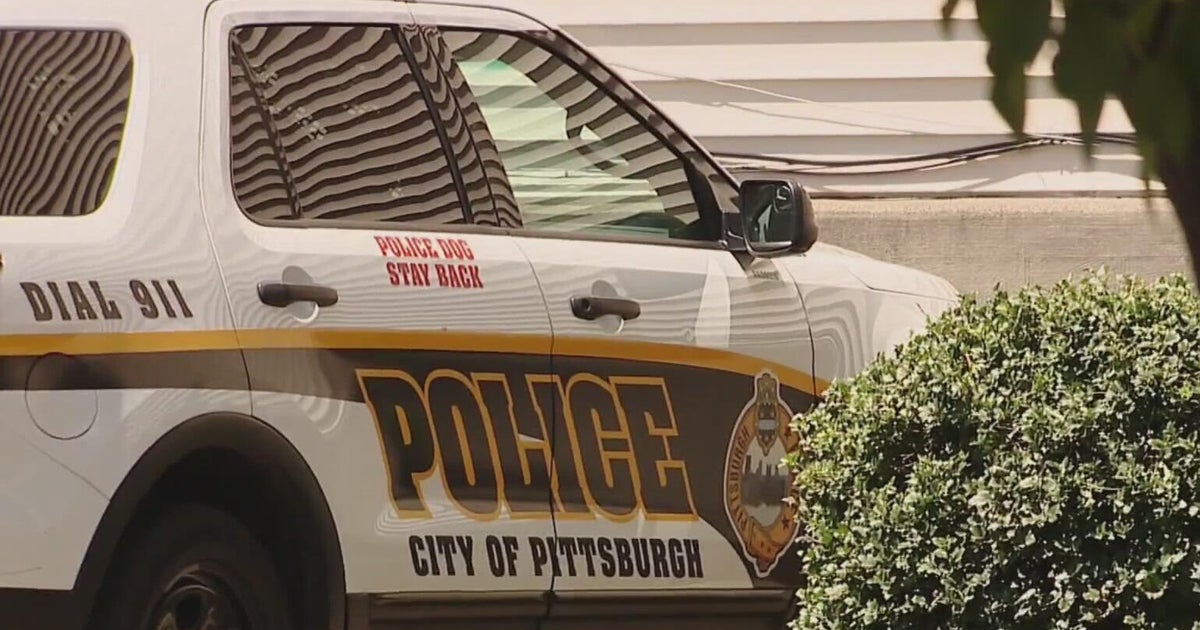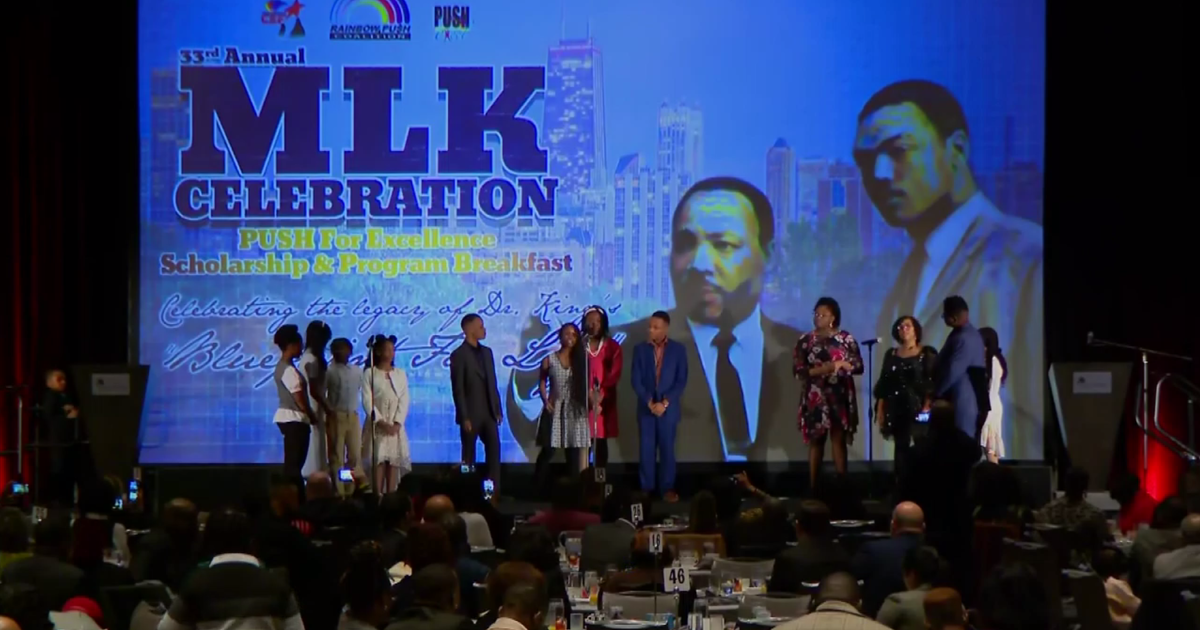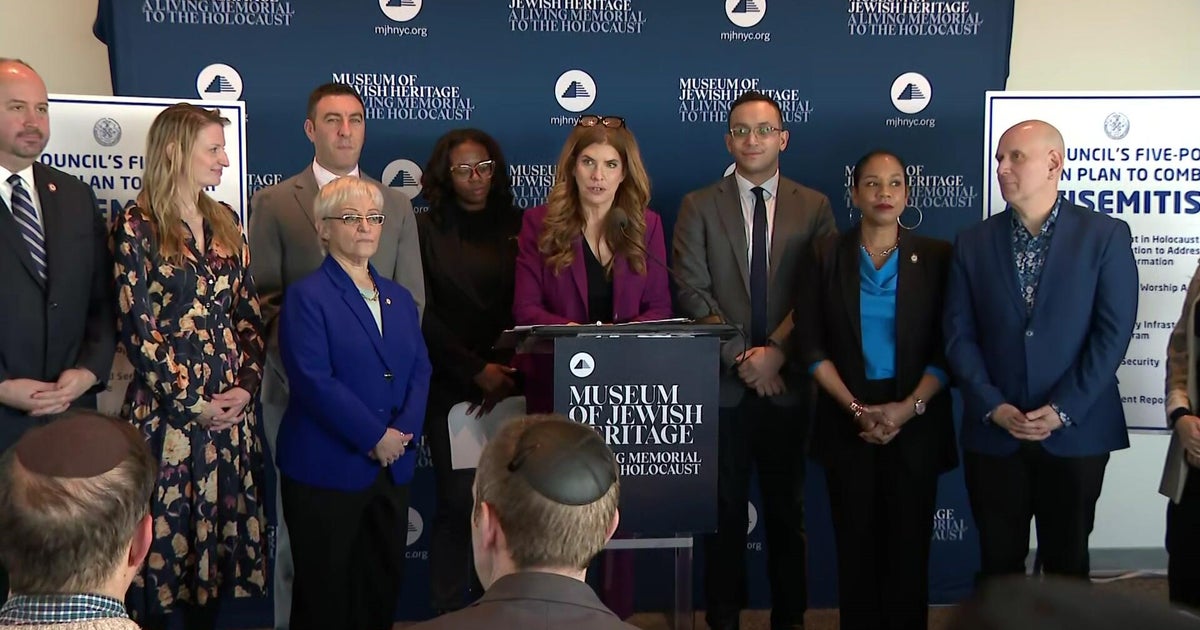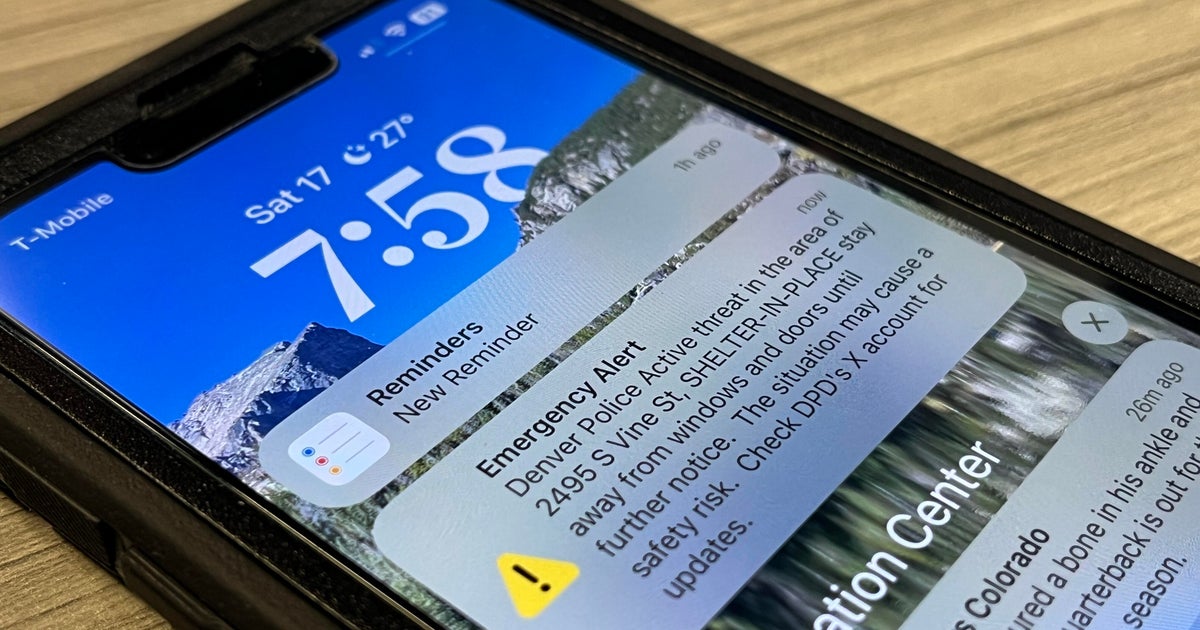City Council votes to keep ShotSpotter, but Mayor Brandon Johnson insists it will still go away
CHICAGO (CBS) -- City Council supporters of ShotSpotter gunshot detection technology on Wednesday overwhelmingly approved a measure aimed at keeping it in place, but Mayor Brandon Johnson insisted the vote will have no impact on his decision to end the use of the system later this year.
By a 34-14 vote, aldermen approved a measure that would require City Council approval of any attempt to remove ShotSpotter from any ward. It also would require the Chicago Police Department to collect data on the accuracy of ShotSpotter alerts, the number of ShotSpotter alerts that have no corresponding 911 call, and the number of alerts that allowed police to render aid to victims.
Ald. David Moore (17th), the measure's chief sponsor, said the data CPD would have to collect will help aldermen make decisions on the future of ShotSpotter in their wards.
"Let's do this so that you can come back and have that vote," Moore said. "You should have that voice for your community."
While the 34 votes to keep ShotSpotter in place is enough to survive a veto, questions remain about whether the order is enforceable, given that only the mayor controls the city's procurement process, meaning he is the only one who can negotiate and sign contracts on behalf of the city government.
"This particular measure that was voted on today did nothing. This City Council, the legislative body, does not have executive authority," Johnson said after Wednesday's vote. "My position is actually quite clear. My authority is quite clear that this passage of whatever it was has no bearing on my executive authority."
Ald. Timmy Knudsen (43rd), who was among those who voted in favor of the bid to keep ShotSpotter in place, also said he feared it "has no chance of succeeding in practice."
Ald. Jessie Fuentes (26th) noted the measure also does not specify how much the city would be authorized to spend to keep ShotSpotter in place, how it would be implemented in each ward, or how much control each individual alderman would have over the technology in their ward.
"It lacks so much detail, and I don't know if it's going to hold up," she said.
When asked if he would veto the proposal to keep ShotSpotter in place, Johnson suggested a veto would not be needed to end the use of the system in Chicago.
"I cancelled ShotSpotter. It's cancelled," Johnson said.
Supporters of ShotSpotter argued it's a valuable life-saving tool that allows police to respond quickly to shootings when no one calls 911.
"If one life is saved because of ShotSpotter, then one life is saved," said Ald. Nicholas Sposato (38th).
But critics have said ShotSpotter has proven to be inaccurate at actually detecting gunfire, pointing to multiple studies that have shown the vast majority of ShotSpotter alerts turn up no evidence of a shooting.
Ald. Silvana Tabares (23rd) compared complaints about ShotSpotter's accuracy to getting a false alarm from a smoke detector or burglar alarm, arguing the city shouldn't get rid of the system just because it isn't 100% accurate.
"All of the experts who lead people in law enforcement who actually use the technology, and the vast majority of people who live in communities where it is deployed agree that ShotSpotter is a vital tool," she said. "Let's listen to the experts and the people living in these communities when making these decisions."
Ald. Ronnie Mosely (21st) said the City Council needs to listen to people who live in high-crime wards like his, who want ShotSpotter to stay.
"Listen to more of what is coming from the wards that is represented or have ShotSpotter. Alderman Moore is doing exactly what he's supposed to do. His residents have come to him and said we need this tool," he said. "If we want to make it more effective, then let's do that, but to simply just do away with it is not acceptable."
Supporters of Shotspotter argued if it's valuable enough to keep it up to cover Chicago during the Democratic National Convention in August, it should be important enough for residents who spend their lives here.
"Don't take away this tool that we need. If it was good enough to extend through the convention to protect the conventioneers, it's good enough to protect the residents of this city every single day," said Ald. Anthony Beale (9th)
Earlier this year, Johnson announced he would not renew the city's ShotSpotter contract—after years of criticism that the technology is ineffective and leads to dangerous interactions between officers and residents.
The Mayor's office negotiated a contract extension through Sept. 22 of this year, followed by a two-month phasing-out period before it's shut down completely.
In 2021, a report from the Chicago Inspector General's office found ShotSpotter alerts rarely lead to evidence of a gun crime. The inspector general's findings are consistent with a recent study by the MacArthur Justice Center at Northwestern University, which also found nine out of 10 times, noises detected by ShotSpotter sensors did not lead to any evidence of an actual crime.
The Cook County State's Attorney's office has also said the system has "minimal return on investment" when it comes to holding shooters accountable.
While a recent CPD report sent to City Council members said officers respond more quickly to ShotSpotter alerts than 911 calls, according to an analysis by independent journalist People's Fabric, the data are riddled with errors—including over 12,000 events where police response times were zero or negative.
Johnson said all of that evidence shows ShotSpotter "has proven to be ineffective."
Ald. Peter Chico (10th), a former Chicago police officer, said he has personally seen ShotSpotter help save lives by quickly getting police and paramedics to the scenes of shootings to help victims when there have been no 911 calls.
"What we're paying for ShotSpotter is invaluable. We cannot put a price tag on the bodies of the people we save each and every day," he said.
Ald. Jason Ervin (28th) sought and failed to block a final vote on the bid to strip Johnson of control over ShotSpotter by seeking to have the measure sent back to the Police and Fire Committee, arguing "we need to have a little more of committee work on this particular item."
Ervin said, given the questions about ShotSpotter's accuracy, the city should look at alternative gunshot detection systems that might be available and more reliable.
"I want an opportunity to find out what else is out there that is going to help make our citizens safer, not just one narrow band of technology," he said. "We cannot tie ourselves into one specific piece of technology that at best just reports when something happens. Again, this is about trying to get the best for our citizens."


